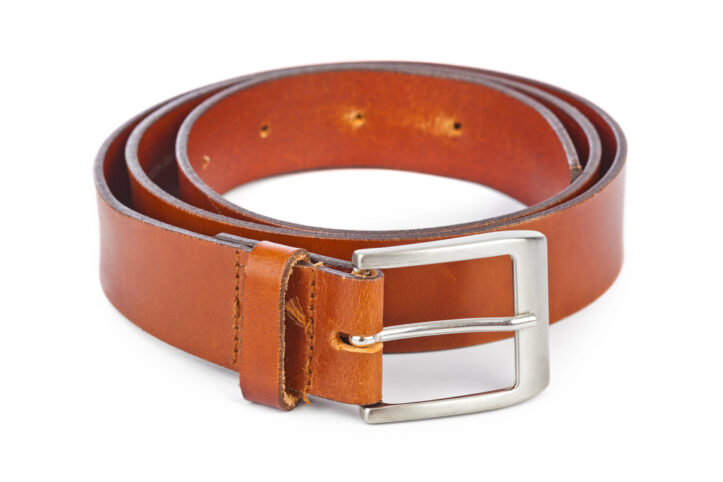Admitting hearsay at trial- Fairfax criminal lawyer comments
Admitting hearsay at trial- Fairfax criminal lawyer comments

Admitting hearsay evidence at trial can be beyond damning for the accused, says Fairfax criminal lawyer
Live witnesses against the accused sometimes can be bad enough at trial. Admitting hearsay evidence at trial can be even more damning, for the deprivation of the opportunity under the Constitution’s Sixth Amendment to confront and cross examine the witnesses against the defendant. This truism underlined itself to me as a Fairfax criminal lawyer, with the conviction of Sharice Curtis for felony child abuse of her five-year-old nephew S.E. Curtis v. Commonwealth of Virginia, Record No. 0943-23-4 (Va. App. Oct. 15, 2024) (unpublished). Curtis would have done herself a big favor to have remained far away from the ever rambunctious S.E., whose own rambunctiousness rather than any assault may have caused his own physical markings that school employees claimed were absent when they checked him out. Unfortunately, testimony was that the marks on S.E. were those consistent with the striking of a belt on skin. The possibility exists that when S.E. reported that Curtis had struck him with a belt, that this may have been confused with his memory of an earlier belt hitting of him by Curtis, which she herself admitted.
Fight tooth and nail against the trial court’s admitting hearsay statements of a child prosecution witness
Curtis’s trial court’s admitting S.E.’s statements to a health care worker into evidence was based both under the “tender years” exception to the hearsay rule — see Virginia Code § 19.2-268.3 — and also under the medical treatment exception in Virginia Rule of Evidence 2:803(4). With the tender years hearsay exception, an “out-of-court statement made by a child who is under 13 years of age at the time of trial or hearing who is the alleged victim of an offense against children describing any act directed against the child relating to such alleged offense shall not be excluded as hearsay under Rule 2:802 of the Rules of Supreme Court of Virginia if both of the following apply: 1. The court finds, in a hearing conducted prior to a trial, that the time, content, and totality of circumstances surrounding the statement provide sufficient indicia of reliability so as to render it inherently trustworthy” [here listing factors that may be considered as to trustworthiness]… and 2. the child testifies or is “declared by the court to be unavailable as a witness; when the child has been declared unavailable, such statement may be admitted pursuant to this section only if there is corroborative evidence of the act relating to an alleged offense against children.” Va. Code § 19.2-268.3. With admissibility of evidence, the appellate courts generally rely on the sound discretion of the trial judge for accepting and barring testimony and other witnesses. Consequently, the Virginia criminal defense lawyer needs to appeal both to the court’s sound discretion and the particular provisions of a governing hearsay exception.
What does the medical treatment hearsay exception say?
Virginia’s medical treatment hearsay exception that also led to the trial court’s admitting S.E.’s statements into evidence at trial, provides that not excluded at trial by the hearsay rule are: “Statements made for purposes of medical diagnosis or treatment and describing medical history, or past or present symptoms, pain, or sensations, or the inception or general character of the cause or external source thereof insofar as reasonably pertinent to diagnosis or treatment.” Virginia Rule of Evidence 2:803(4). Curtis does not address the admissibility of S.E.’s statements under this exception where as here, the Virginia Court of Appeals had already determined that his statements were admissible under the tender years hearsay exception.
Be careful who you are the caretaker for
Felony child abuse requires the element of being “responsible for the care of a child under the age of 18.” Consequently, be careful which children you allow yourself to be responsible for. I add to be careful about being alone with children without witnesses. That is not to say to require witnesses to your interaction with minors, but that witness presence can assist you in more ways than one. The potential of the devastating testimony of a minor against you at trial needs to be fought tooth and nail.
Fairfax criminal lawyer Jonathan Katz is tireless and cunning in pursuing your best defense against Virginia DUI, felony and misdemeanor prosecutions. Find out the great things that Jon Katz can do for your defense, with a free in-person confidential consultation about your court-pending prosecution, by contacting us at 703-383-1100, info@BeatTheProsecution.com , and, by text at 571-406-7268.

